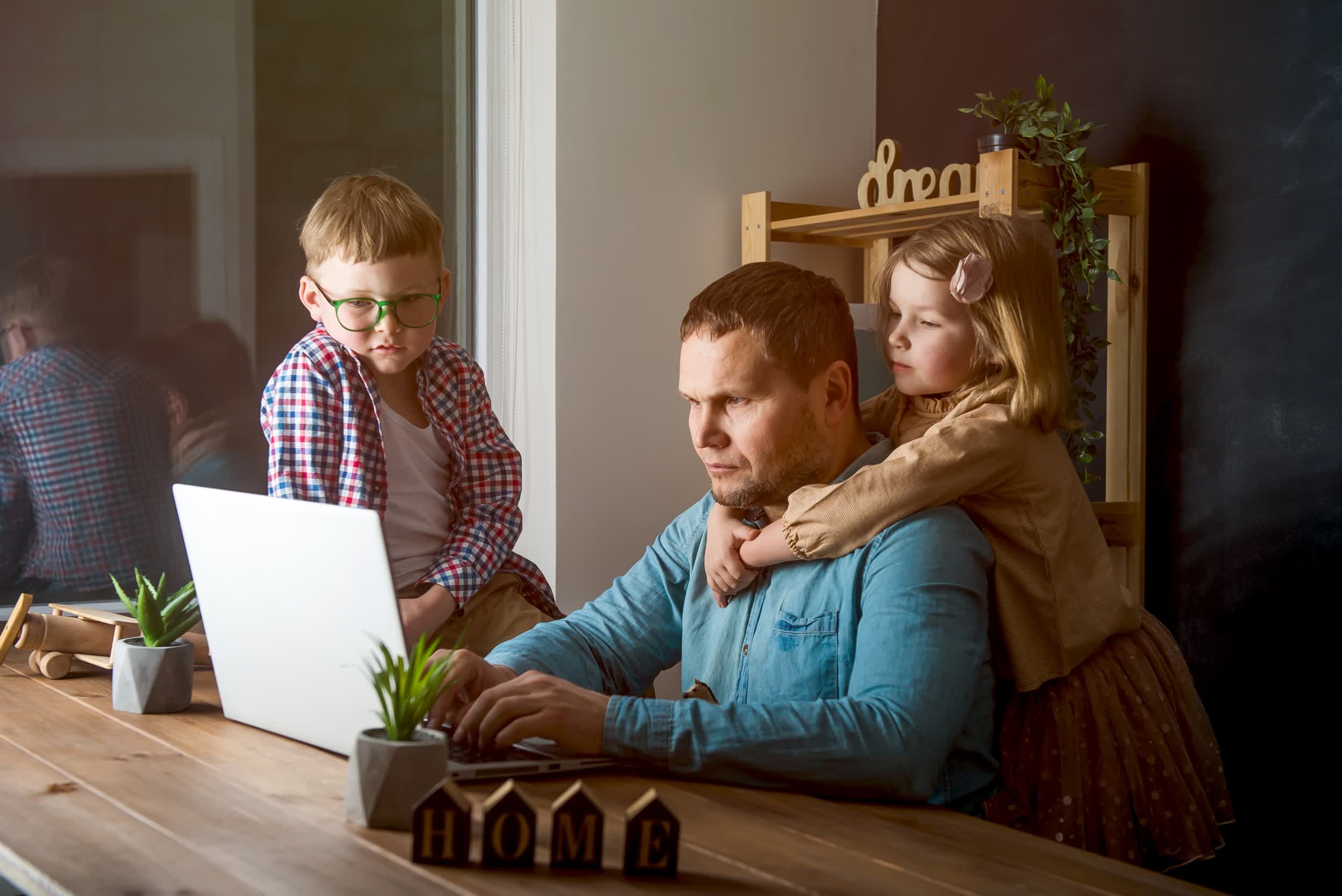The big picture: Similar debates have reportedly taken place at Twitter, and no doubt at countless other companies across the country and around the globe. And really, it’s not a new issue for employees and employers, but rather, one that has simply intensified as a result of the pandemic.

The tech sector has been on the front line of the fight against Covid-19 since the very beginning. Industry officials were among the first to cancel major tech conferences and when things took a turn for the worse, large tech firms led the way in the work from home movement.
When schools and daycares shut down and parents were offered additional benefits to help care for their children, nonparents started speaking up.
As The New York Times recounts, Facebook in March extended up to 10 weeks of paid time off to employees with kids whose school or daycare facility had closed due to the pandemic. Microsoft, Google and others quickly followed suit with similar incentives for parents.
Facebook went a step further, revoking employee performance reviews for the first half of 2020 and giving everyone the top tier bonus for the period.

Some viewed the moves as a show of support during a time of need, but others questioned if the additional incentives represented preferential treatment to those with children. Is it fair that parents are receiving extra benefits that aren’t available to nonparents?
Three anonymous Facebook staff members told The Times that managers have had to moderate discussions on internal forums singling out some employees with children for not contributing or pulling their weight.
When the issue was brought up during a company-wide videoconferencing session with Facebook COO Sheryl Sandberg on August 20, she reportedly “disagreed with the premise of the question” that the performance rating freeze and leave policy was primarily benefiting parents. When more than a thousand employees pressed her to answer the question again, she did, noting that Facebook tries to make its leave policy inclusive for all.
“I do believe parents have certain challenges,” Sandberg said. “But everyone has challenges, and those challenges are very, very real.”
Image credit: Sharomka, StunningArt
https://www.techspot.com/news/86660-tech-employees-without-kids-upset-over-additional-benefits.html